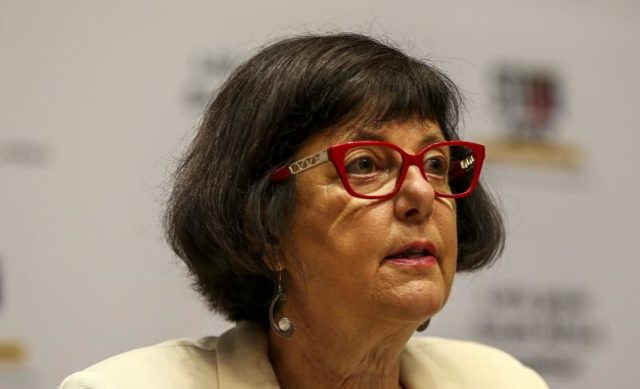A lack of progress in negotiations since COP26 has been raised as cause for concern by South Africa at the 13th Petersberg Climate Dialogue in Berlin, Germany.
A LACK of progress in negotiations since COP26 has been raised as cause for concern by South Africa at the 13th Petersberg Climate Dialogue in Berlin, Germany.
The dialogue, which ended on Tuesday, was aimed at addressing a range of issues including emission reduction and adaptation.
Speaking at the event, Forestry, Fisheries and the Environment Minister Barbara Creecy said not enough progress has been made in multilateral negotiations under the United Nations Framework Convention on Climate Change (UNFCCC) on key areas since COP26.
The discussions on loss and damage, finance, adaptation, and the just transition remained trapped in process-related discussions, she said.
“Last year in Glasgow some developing countries were vilified for stressing their national circumstances in relation to some of the desired outcomes in the Glasgow Climate Pact. Yet just over six months after Glasgow we’re witnessing many developed countries reverting to coal in response to their negative national circumstances.
“We cannot have backtracking by developed country parties. Developed countries must continue taking the lead with ambitious action.
“The ultimate measure of climate leadership is not what countries do in times of comfort and convenience, but what they do in times of challenge and controversy.
“Climate change is currently costing African countries between three and five percent of their GDPs. Regionally, Africa is experiencing extreme climate impacts which the continent had very little role in causing,” Creecy said.
She added that focus had to be placed on the most vulnerable people and communities.
“The reality is we have failed in promoting adequate ambition on finance.
“To put things in perspective: According to the UNFCCC Standing Committee on Finance, developing countries need between 5 to 11 trillion US dollars to meet their climate objectives. And yet, according to the OECD only around US$ 80 billion was mobilised. This represents less than 2% of developing country needs.
“The only way we can re-establish credibility in financial provision is to set a realistic goal for developed countries to mobilise at least one trillion US dollars per annum to assist developing countries meet their climate change objectives.
“COP 27 needs to focus on supporting a people-centred, just and equitable transition in the developing world.
“The urgent need is to adapt now, while we build resilience for the future. We can only avoid loss and minimise damage with the appropriate scale of public finance that does not exacerbate the indebtedness of Africa,” she said.








